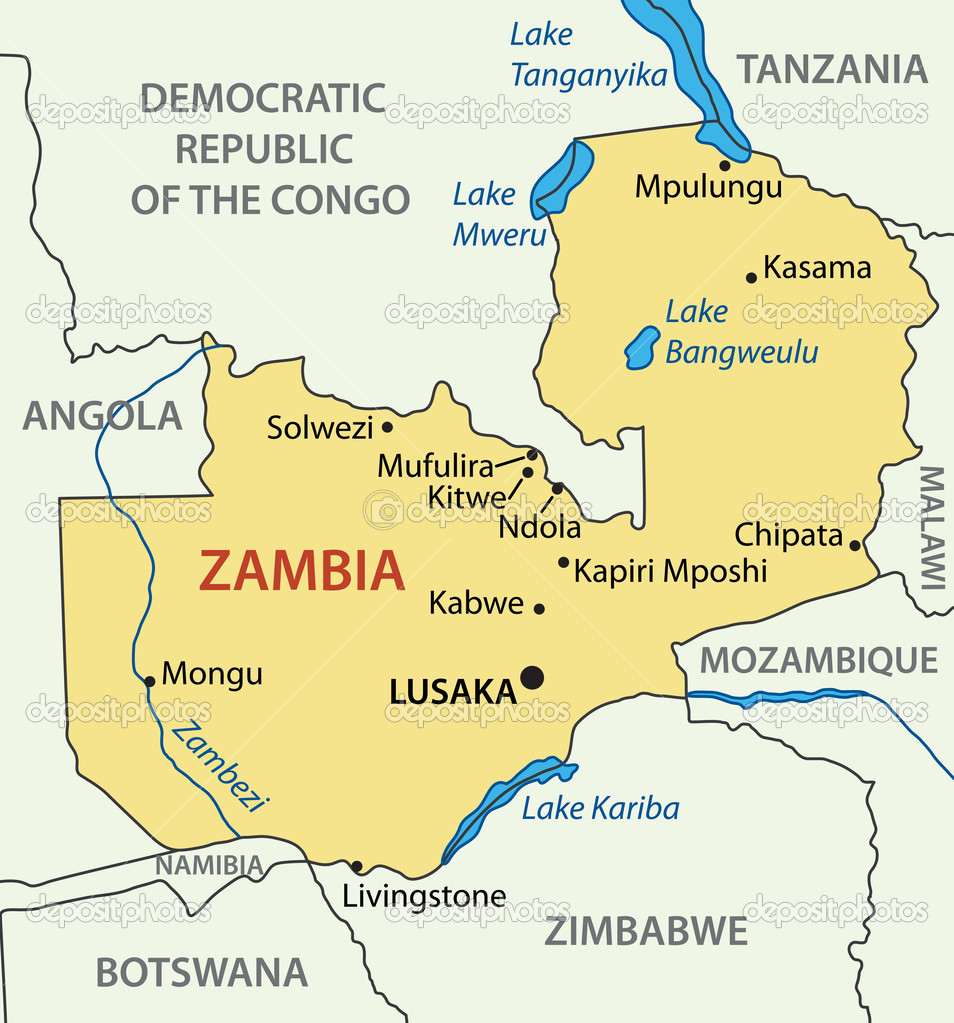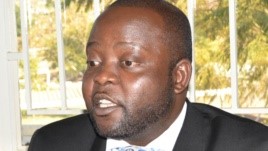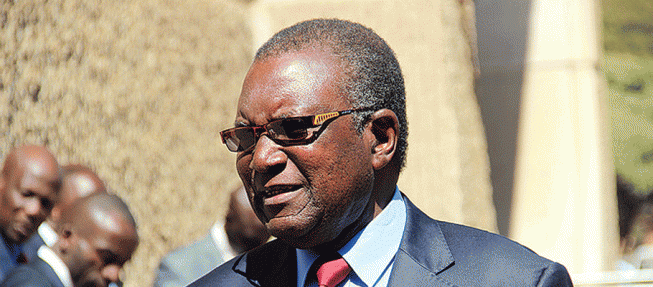Horns of a Dilemma:
Mozambique poaching enriching North Korea's leadership
- Don Pinnock
- 12 Jul 2016 11:19 (South
Africa)

According to a study just released
by Global Initiative Against Transnational Organised Crime, the country is
incapable of disrupting the criminal syndicates that have turned it into a
major trans-shipment point for rhino horn, heroin, cocaine, methamphetamine and
dagga. The value of illegal drug trade in Mozambique, it claims, is probably
greater than all foreign aid combined.
Global Initiative rhino
investigator Julian Rademeyer found that the corruption permeating every level of the Mozambique state and the
country's leaky ports, airports and borders made it a smuggler's paradise. Of
great concern is what he describes as "dodgy diplomats”, particularly North
Koreans, using this weakness to smuggle illicit products.
Once hailed as a post-civil war
success story, Mozambique, he says, is a country in crisis, paralysed by
rampant corruption, a weak judiciary, an ineffectual and criminally compromised
police force, and powerful criminal syndicates with tentacles reaching into
every level of the state.
Many of Mozambique's political
elite, according to Global Initiative, have grown fat on the proceeds of the
patronage networks that grew and festered for a decade under the country's
former president, Armando Guebuza.
"His successor, Filipe Nyusi, is
still grappling with Guebuza's toxic legacy and, more than a year since he took
office, has yet to solidify control over the state and Frelimo, the ruling
party.”
Added to Mozambique's problems is
its role as a key regional money-laundering hub, a dramatic increase in
kidnappings-for-ransom and a series of high profile assassinations that, among
others, have claimed the lives of a judge, journalists and, most recently, a
prosecutor.
"There is a very real sense of
fear within the judiciary and government,” a diplomat based in Maputo told
Global Initiative. "People don't want to rock the boat because they could be
next.”
In May this year the country was
also rocked by revelations that the government had tried to conceal close to
$1.4-billion in hidden loans from donor countries and agencies. The
International Monetary Fund (IMF), the World Bank, the European Union (EU),
African Development Bank, and several other donors suspended aid "pending a
full disclosure and assessment of the facts”.
An IMF official said the concealment
"is probably one of the largest cases of the provision of inaccurate data by a
government the IMF has seen in an African country in recent times”. Mozambique
is heavily dependent on foreign aid.
Conservationists in South Africa
and Mozambique say they are encouraged by the work done by Mozambique's
National Agency for Conservation Areas, but are frustrated by the lack of
progress from the Mozambican police in apprehending key poaching and
trafficking ringleaders.
"Policing is abysmal,” said a
Mozambican conservationist. "There's enough evidence to arrest and prosecute.
We know who the key figures are. They are very well known. Despite that, we are
not able to arrest any of the poaching gang leaders.”
The Global Initiative report
highlights the increasing role and impunity of North Korean diplomats in
criminal activities in the southern African region. An example was the arrest,
in Maputo in May 2015, of a North Korean diplomat and a Taekwon-Do instructor
after 4.5kg of rhino horn and $100,000 was found in their vehicle. Police
detained them and impounded the vehicle.
Within hours of learning of the
incident, the North Korean ambassador to South Africa, Yong Man-ho, was on a
flight from Johannesburg to Maputo. The diplomats were released after paying $30,000
and the vehicle was returned to them.
Diplomatic and government sources
in South Africa have made similar claims, telling Global Initiative that the
North Korean embassy in Pretoria is "actively involved in smuggling ivory and
rhino horn” and may be linked to other illegal activities.
There are also allegations that
the North Korean embassy in Addis Ababa is being used as a transit point for
the smuggling of illicit wildlife products to China, with embassy officials
abusing their diplomatic status to act as couriers.
Since the mid-1970s, North Korea's
involvement in transnational organised crime - particularly drug and cigarette
trafficking, weapons smuggling and the production of counterfeit US currency -
has grown steadily, peaking during the severe economic crisis and famine the
country faced in the early and mid-1990s.
North Korean embassy officials
have been implicated in 16 of the 29 smuggling cases involving diplomats that
Global Initiative identified in a variety of sources dating from 1986.
A 2007 assessment of illicit
activity and smuggling networks concluded that "North Korea possesses
sophisticated smuggling capabilities developed from years of transnational
criminal activity, driven by economic necessity and justified with ideological
veneer”. These illicit activities are said to be controlled by a shadowy agency
known as Division 39.
The US described it as "a
secretive branch of the government... that provides critical support to [the]
North Korean leadership, in part through engaging in illicit economic
activities, managing slush funds and generating revenues for the leadership”.
In this North Korea's embassies appear to play a key role.
From the mid-1960 to the late
1990s, according to Global Initiative, Pyongyang poured military and financial
resources into Africa, hoping to sway newly independent countries to recognise
the North Korean leadership. Embassies were established across the continent
but quickly became a financial burden.
After the country defaulted on its
international debts in 1975, its embassies were required to "self-fund” their
operations, a practice that continues to this day. "Diplomats are expected to
earn enough money to supplement their paltry salaries and be able to make
sizeable financial contributions to the central government in Pyongyang.” Some
embassies even use their vehicles as a private taxi service.
According to Rademeyer, the need
to self-fund is part of the reason Korean diplomats have been implicated in
crimes ranging from diamond, gold, drug and gun smuggling to trafficking in
counterfeit currency, cigarettes, medicines and electronics.
With seeming immunity from
prosecution by African states, supporting organised crime seems to have become
one of the primary preoccupations of North Korea's beleaguered embassies.
With most of the planet's rhinos
in Kruger Park, which borders on Mozambique, the future of the species remains
extremely tenuous unless South Africa and the world takes action to hold Maputo
and North Korea to account.
Crimes that unhappen
When police stormed a house in
Matola on the outskirts of the Mozambican capital, Maputo, on 12 May 2015,
little did they expect to make the largest seizure of ivory and rhino horn in
the country's history.
Packed into shipping crates and
piled on the floor were 340 elephant tusks and 65 rhino horns. Together they
weighed about 1.3 tonnes, representing the deaths of at least 170 elephants and
more than 30 rhinos at the hands of poachers.
Fresh blood spatter and the rank
smell of decay indicated that some of the horns were from recent kills. One of
the occupants of the house, a Chinese national, was taken into custody. A day
later, a second Chinese man was arrested when he offered police investigators a
$34,000 bribe to drop the case.
TRAFFIC, the wildlife trade
monitoring network, praised the "highly significant seizure” and said it hoped
the arrests would signal "a new chapter in Mozambique's history of wildlife
trade law enforcement”. Tom Milliken, TRAFFIC's rhino and elephant programme
leader, said it was "now absolutely vital for a full and thorough investigation
to be carried out”, adding that "the opportunity must not be squandered”.
But it was squandered. A dozen
horns vanished within days of the raid, despite being under guard at the
police's provincial command headquarters. They were replaced with crude
replicas made from "bull horns”, according to some reports. The Chinese
suspects were released on bail after promising to return to court in November.
They disappeared without trace. DM
Photo: A
file picture dated 19 February 2016 and made available by the official North
Korean newspaper Rodong Sinmun via Yonhap News Agency (YNA), shows North Korean
leader Kim Jong-un speaking during a commendation ceremony for the scientists,
technicians, workers and officials who contributed to the recent successful
launch of a satellite, in Pyongyang, North Korea. EPA/RODONG SINMUN
Read More: http://www.dailymaverick.co.za/article/2016-07-12-horns-of-a-dilemma-mozambique-poaching-enriching-north-koreas-leadership/#.V4X1s6KmrZ0

 Ministry of Health
Registry Clerk of Lukulu District in Western Province has been convicted to
five years imprisonment with hard labour for money laundering involving over
K73, 000.
Ministry of Health
Registry Clerk of Lukulu District in Western Province has been convicted to
five years imprisonment with hard labour for money laundering involving over
K73, 000.



